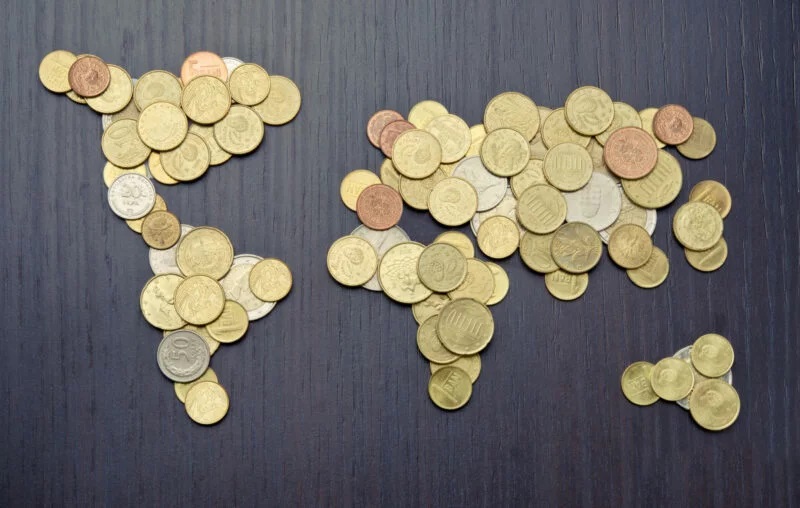We have never really had a genuine universal basic income experiment in the US.
One of the most prominent experiments took place in Stockton, California, in February 2019. The program gave 125 of the city’s residents $500 per month. The results were seen as positive, with the control group experiencing 1.5 times more income volatility than those who received the funds. The share of participants with full-time employment rose from 28% at the start of the program to 40% a year later. Meanwhile, the control group only saw a 5% increase in full-time employment over the same period.
But Robert Rector, a senior research fellow at the conservative Heritage Foundation focused on health and welfare policy, said the Stockton experiment suffered from what researchers call selection bias — that is, the beneficiaries were not randomly selected, but rather were people who knew about the pilot and volunteered to participate.
“So, they were clearly not comparable to the general population — you’re not going to have any drug abusers or any low-incentive people that were getting into that program,” Rector told the Washington Examiner.
Richard Auxier, a senior policy associate at the Urban-Brookings Tax Policy Center, said … that these pilots are nowhere near universal because of how they are conducted.
Universal Basic Income

0 Comments